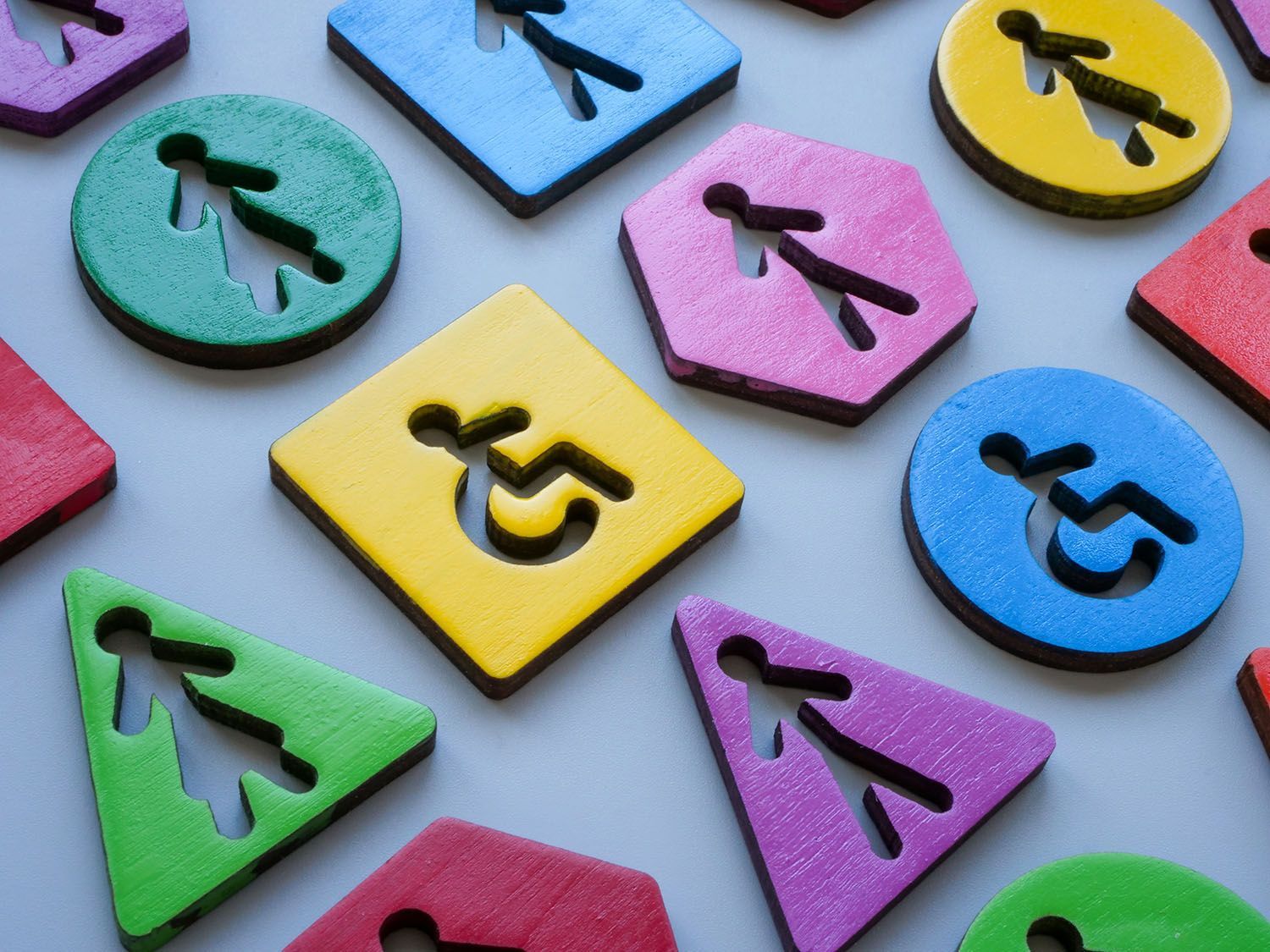Have a Question?
Navigating the National Disability Insurance Scheme (NDIS)
The National Disability Insurance Scheme (NDIS) stands as a transformative initiative in Australia, offering crucial support to individuals with disabilities. Established to enhance the quality of life for eligible participants, the NDIS covers a wide spectrum of disabilities, including intellectual, physical, sensory, cognitive, and psychosocial impairments.

What is the NDIS?
The NDIS operates under the governance of The National Disability Insurance Agency (NDIA) and the oversight of the NDIS Quality and Safeguards Commission. Its primary objective is to provide personalised support and services that enable participants to live more independently and participate fully in society.
Determining Your Eligibility
Curious about your eligibility for NDIS support? Explore our eligibility checklist below to gauge your potential qualification. Please note, the final determination is made by the NDIA.
Age and Residency
Are you under 65 years old, an Australian citizen, and residing in Australia? These are the foundational requirements for NDIS participation. If you're over 65 and seeking disability services for the first time, consider exploring options with My Aged Care.
Permanent Disability
Do you have a permanent impairment that significantly affects your daily life? Whether physical, intellectual, cognitive, neurological, visual, hearing, or psychosocial, your disability must be permanent and diagnosed by a qualified medical professional or specialist. Temporary impairments or certain mental health conditions may not meet NDIS eligibility criteria.
Crafting Your NDIS Plan
Your NDIS plan is crafted from the discussions held during your planning meeting and is tailored specifically to your needs and aspirations. Here’s what you can expect to find in your personalised plan:
Personal Information
This section details essential information about you, including your disability, daily routines, living arrangements, and caregivers.
Support from Family and Friends
Highlighting the informal support you receive from loved ones that isn't funded but plays a crucial role in helping you achieve your goals.
Services and Community Groups
Information on funded supports provided by community or government services, such as support groups, health centres, libraries, and public transport.
Your Goals
A critical part of your plan, outlining both your short-term objectives and long-term life goals. Goal-setting underpins the NDIS process, with support aimed at helping you achieve these milestones.
Funded Supports
Details the funding allocated across different support categories and specifies how each allocation should be utilised. The number of categories funded varies based on individual needs, ensuring you receive what is reasonable and necessary to enhance your quality of life.
Your plan is designed to evolve with your changing needs, ensuring you have the resources to live independently and pursue your aspirations. It’s essential to use your NDIS funding solely for support and services directly related to your disability, maximising the impact of your personalised plan.
Managing Your NDIS Funding
There are three ways that you can manage your plan - self-management, plan management and NDIA management, also known as agency-managed. You can also choose a combination of the three options.
Self-Management of NDIS Funding
Participants opting for self-management have the flexibility to directly access and allocate their allocated funding towards supports that best serve their needs. This approach empowers individuals to exercise greater control over their supports, fostering independence and personal choice in their NDIS journey.
Plan-Managed Funding
For those who choose plan-managed funding, the NDIA includes an allocation in their plan to cover the services of a Plan Manager. This dedicated manager handles payments to service providers, maintains financial records, and assists in budget management. This option provides participants with the benefit of administrative support while maintaining control over how their funds are utilised.
NDIA-Managed Funding
Alternatively, participants can opt for NDIA-managed funding, where the National Disability Insurance Agency directly pays service providers on their behalf. This ensures seamless management of funds and services, simplifying administrative tasks for participants who prefer a structured approach to their NDIS support.
Choosing between self-management, plan-managed funding, or NDIA-managed funding depends on individual preferences and needs. Each option is designed to support participants in accessing the necessary support to achieve their goals effectively.
PotentialMe specialises in mental health occupational therapy, matching support workers to participants across Greater Melbourne, and providing Australia-wide plan management services. If you are looking for a trusted plan manager our experienced team will support you through understanding your NDIS plan and accessing the right services.
We hope you enjoyed reading this blog.
PotentialMe specialises in Mental Health Occupational Therapy, and also offer other NDIS Support Services such as Australia-wide Plan Management services and personalised Support Work, matching our support workers to participants across Greater Melbourne.




